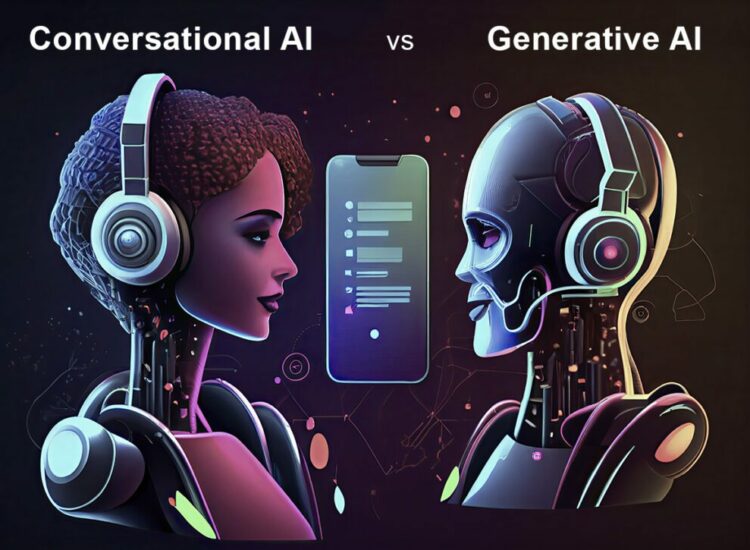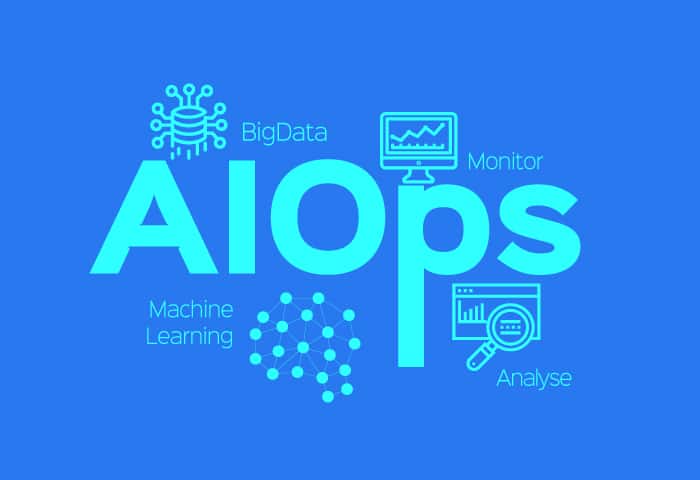Artificial intelligence (AI) is rapidly transforming the manufacturing industry, revolutionizing how products are created and produced. From streamlining processes to improving efficiency and productivity, AI technology is reshaping the way manufacturers operate.
Toc
In this article, we will explore the benefits of implementing AI in manufacturing, discuss some real-world examples of successful adoption, and address common misconceptions about its impact on jobs.
Introduction to AI in Manufacturing
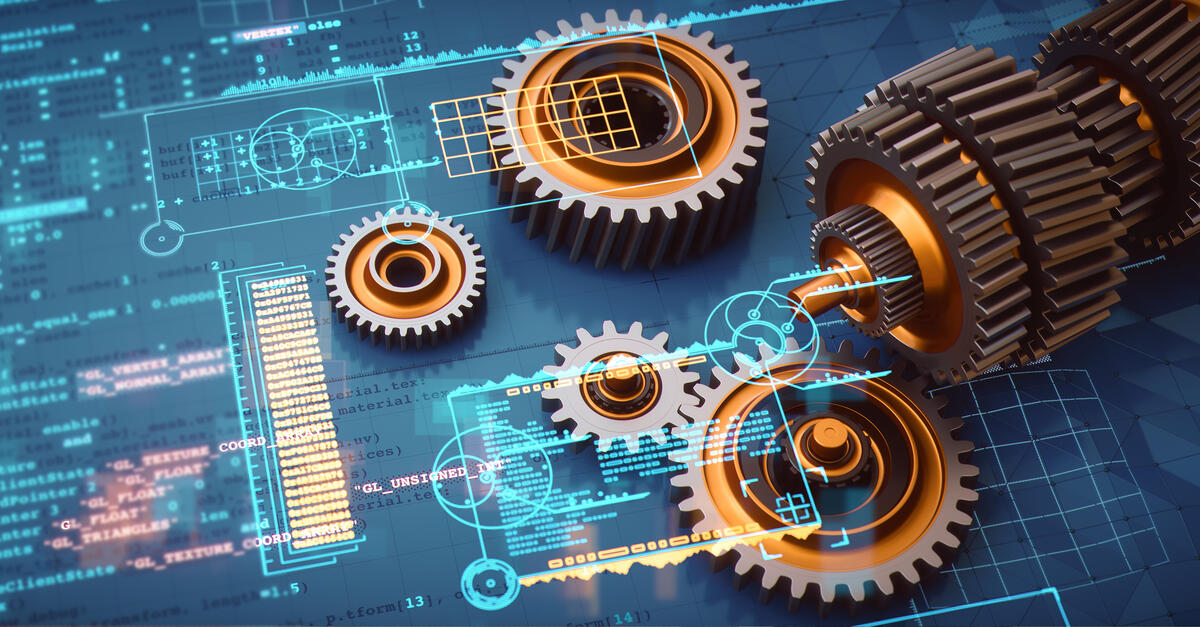
AI involves the development of computer systems that can perform tasks that typically require human intelligence, such as decision-making, problem-solving, and pattern recognition. In manufacturing, AI is used to automate processes, improve quality control, and optimize supply chain management.
One of the key advantages of AI is its ability to analyze huge amounts of data and identify patterns or anomalies that may not be apparent to humans. This allows manufacturers to make more informed decisions and predictions, leading to higher production efficiency and profitability.
Demands of Modern Manufacturing
Manufacturing today is faced with increasing pressure to produce high-quality products at a lower cost and faster speed. This demand for efficiency and productivity can be daunting for manufacturers, especially in the face of global competition.
AI offers a solution by automating processes and utilizing advanced algorithms to continuously improve operations. By implementing AI technology, manufacturers can optimize production schedules, reduce downtime, and minimize waste.
Real-World Examples
The benefits of using AI in manufacturing can already be seen in various industries. One notable example is Siemens, a German multinational conglomerate that has embraced AI technology across its entire production process. By incorporating machine learning algorithms into their assembly lines, Siemens was able to increase productivity by 10% and reduce downtime by 20%. This resulted in significant cost savings and improved customer satisfaction.
Another example is the use of AI-powered robots in car manufacturing. These robots are equipped with sensors and cameras that allow them to perform highly precise tasks, such as welding or painting, at a much faster rate than humans. This not only improves production efficiency but also reduces safety risks for workers.
Benefits of AI in Manufacturing
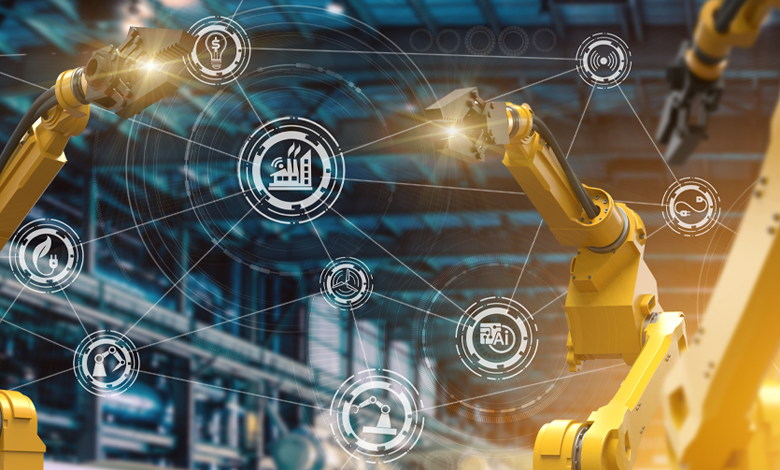
Adopting AI technology in manufacturing offers a multitude of benefits, including:
Streamlining Processes
AI can significantly streamline processes by automating repetitive and time-consuming tasks. This automation allows human workers to focus on higher-level responsibilities, thereby enhancing overall productivity. For instance, AI systems can manage inventory levels, predict maintenance needs, and even handle order fulfillment, all in real time. This helps reduce operational bottlenecks and ensures that production runs smoothly.
Moreover, by employing predictive analytics, AI can anticipate potential delays or disruptions in the supply chain, allowing manufacturers to take proactive measures. This agility promotes a more responsive production environment, aligning closely with customer demands and improving service levels. Ultimately, the integration of AI in manufacturing paves the way for a more efficient, cost-effective, and adaptive production process that can thrive in an ever-evolving market landscape.
Enhancing Quality Control
Quality control is another critical area where AI can make a significant impact in manufacturing. Traditional quality control processes often rely on manual inspections, which can be time-consuming and prone to human error. AI-driven systems can enhance these processes by using advanced imaging technologies and machine learning algorithms to perform inspections with greater accuracy and speed.
For instance, computer vision technology can automatically examine products on the assembly line for defects, ensuring that only items meeting quality standards proceed to the next phase of production. This not only minimizes the risk of defective products reaching the market but also helps manufacturers reduce waste and associated costs. By utilizing AI for quality control, companies can maintain high standards while increasing their production rates, ultimately leading to greater customer satisfaction and brand loyalty.
Optimizing Supply Chain Management
In an interconnected global market, effective supply chain management is vital for the success of manufacturers. AI can optimise every aspect of the supply chain, from procurement and logistics to inventory management and demand forecasting. By harnessing predictive analytics, AI can anticipate changes in demand based on external factors such as market trends, seasonal fluctuations, and even social media sentiment.
This capability allows manufacturers to adjust their production schedules and inventory levels accordingly, reducing overstocking and stockouts. Additionally, AI can enhance supplier relationship management by evaluating supplier performance data, enabling manufacturers to make informed decisions about sourcing and negotiations. As a result, AI not only enhances operational efficiency but also contributes to more sustainable practices by minimising waste and resource consumption throughout the supply chain.
AI Technologies in Manufacturing
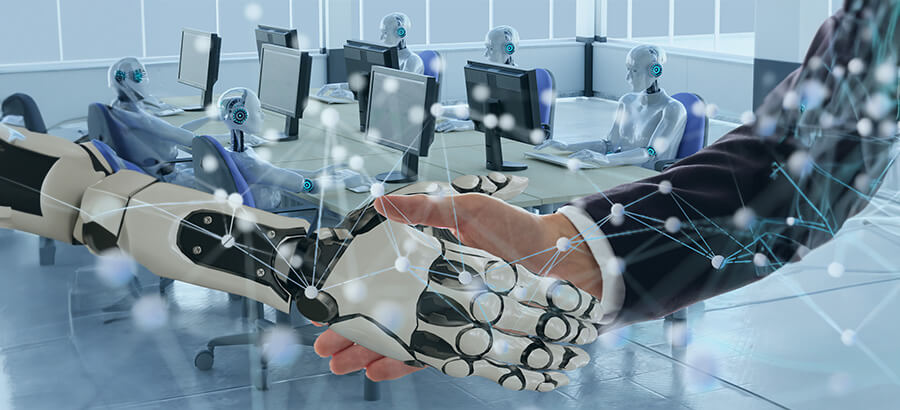
Various AI technologies are instrumental in transforming manufacturing processes, each playing a unique role in enhancing efficiency and productivity. Some of the notable technologies include:
Machine Learning
Machine learning, a subset of AI, enables systems to learn from historical data and improve their performance over time without being explicitly programmed. In manufacturing, machine learning algorithms can analyse vast datasets to identify patterns that can inform decisions such as predictive maintenance, quality assurance, and demand forecasting. By leveraging machine learning, manufacturers can proactively address potential issues before they escalate, thereby reducing downtime and operational costs.
Robotics and Automation
Robots equipped with AI are becoming increasingly prevalent in manufacturing environments. These robots are capable of performing complex tasks such as assembly, packaging, and logistics handling with high precision and speed. With advancements in AI, robots can also adapt to changing conditions on the production floor, allowing for greater flexibility in operations. Collaborative robots, or cobots, work alongside human operators, enhancing workflow efficiency while reducing the physical strain on workers.
Internet of Things (IoT)
The integration of IoT in manufacturing allows for the seamless connection of machines, sensors, and devices, creating a smart manufacturing ecosystem. IoT devices collect real-time data from the production process, which can be analysed by AI systems to monitor performance, predict machine failures, and optimise workflows. This interconnectedness enhances visibility throughout the supply chain and enables manufacturers to respond quickly to any disruptions, improving overall operational resilience.
Natural Language Processing (NLP)
Natural Language Processing allows machines to understand and interpret human language, which can be extremely beneficial in manufacturing settings. With NLP, manufacturers can analyse customer feedback, employee reports, and supply chain communications to extract valuable insights. This can lead to improved product development and customer service, as companies can better align their offerings with market needs based on real-time input from stakeholders.
Overall, the combination of these AI technologies is shaping the future of manufacturing, promoting smarter, more efficient, and more responsive production environments.
Real-World Examples of AI in Manufacturing
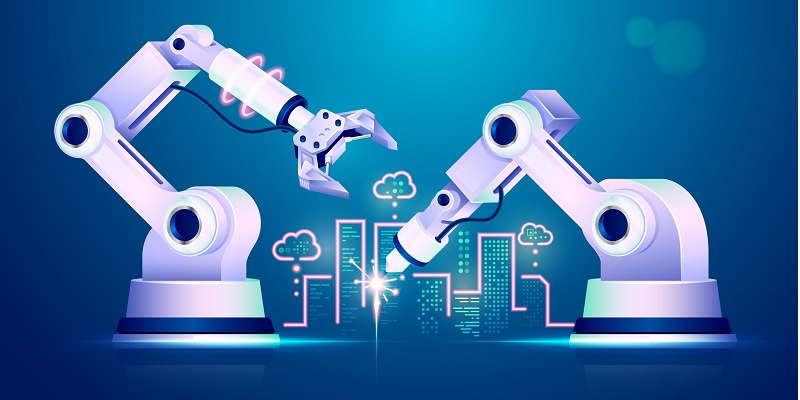
General Electric (GE)
General Electric (GE) has been at the forefront of incorporating AI into its manufacturing processes. By leveraging predictive analytics and machine learning, GE has transformed its operations to enhance efficiency and reduce costs. One notable example is their use of digital twins—virtual replicas of physical assets—that allow for real-time monitoring and analysis of machinery performance. This technology enables GE to predict maintenance needs, thus minimizing unplanned downtime and extending equipment lifespan.
Additionally, GE employs AI-driven quality control systems in its manufacturing plants. These systems utilize computer vision to detect anomalies during production, ensuring that only products meeting stringent quality standards are shipped to customers. By embracing these innovations, GE not only boosts operational efficiency but also reinforces its commitment to delivering high-quality products, maintaining its competitive edge in the industry.
Siemens
Siemens is another industry leader harnessing the power of AI in manufacturing. The company has developed advanced AI algorithms that streamline its supply chain management. By analyzing data from various sources—such as sales forecasts, inventory data, and supplier performance—Siemens can dynamically adjust its operations to optimize inventory levels and reduce operational costs.
Furthermore, Siemens is actively pioneering the use of IoT technology in its factories, creating smart environments where machine-to-machine communication enhances overall production efficiency. Through real-time data analysis, Siemens can swiftly address production bottlenecks and improve resource allocation, ultimately resulting in a more agile manufacturing process. These initiatives demonstrate how AI not only revolutionizes manufacturing operations but also drives sustainable growth within global supply chains.
BMW
BMW has embraced AI technologies to innovate its manufacturing processes and enhance product quality. One of the pioneering efforts includes the implementation of AI for quality assurance, where advanced computer vision systems inspect vehicles on the production line. This technology allows for real-time detection of defects, ensuring that only flawless products reach the market. Additionally, BMW leverages AI to optimise its production schedules, aligning manufacturing capabilities with real-time demand data. By using predictive analytics, BMW can reduce lead times, minimise waste, and improve overall flexibility, thereby fostering a more responsive production system.
To further enhance sustainability, BMW incorporates AI-driven solutions to analyse energy consumption patterns across its facilities. These insights enable the company to implement energy-efficient practices and reduce its carbon footprint. By integrating AI into various aspects of its manufacturing operations, BMW not only exemplifies efficiency and innovation but also reaffirms its commitment to sustainable production practices. This holistic approach to manufacturing showcases how AI can play a critical role in shaping a smarter automotive industry.
Challenges and Considerations for AI Adoption
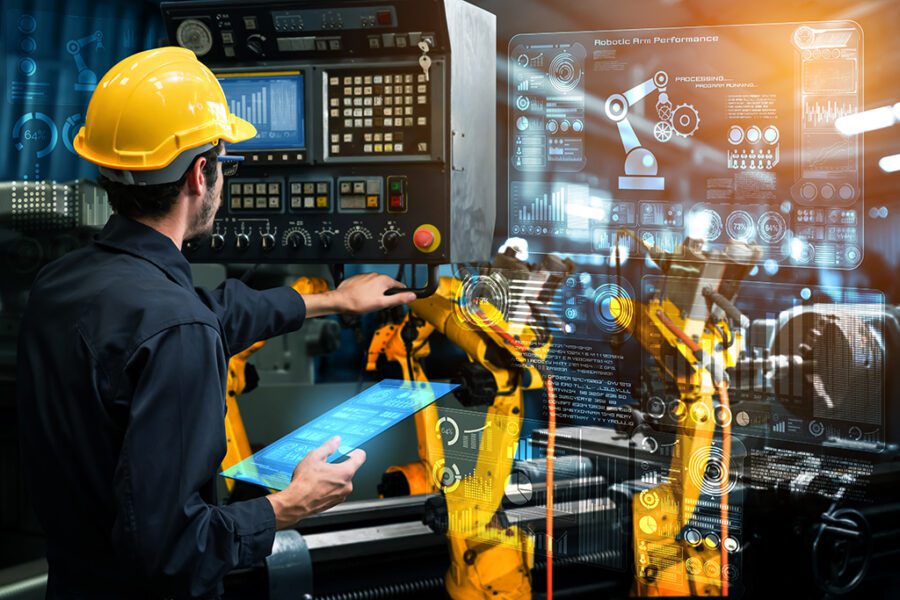
Despite its potential, adopting AI in manufacturing comes with challenges:
Cost of Implementation
Implementing AI technologies in manufacturing can require a significant initial investment. The costs associated with hardware upgrades, software development, and workforce training can be substantial, making it a barrier for smaller manufacturers or those with limited budgets. Additionally, ongoing maintenance and the need for continuous updates to AI systems can add to the total expenditure. Companies must conduct thorough cost-benefit analyses to ensure that the long-term gains in efficiency and productivity justify the initial outlay.
Change Management
Another challenge is managing the transition to AI-driven processes within the workforce. Employees may have concerns about job security, and resistance to change can hinder the adoption of new technologies. Effective change management strategies, including transparent communication, training programs, and involving employees in the transition process, are essential to foster a culture that embraces innovation. Building trust and demonstrating the benefits of AI in enhancing their work experience can help ease this transition.
Data Privacy and Security
With the rise of connected devices and data-driven decision-making, ensuring the privacy and security of sensitive manufacturing data becomes a critical concern. Cybersecurity threats pose risks that could jeopardize not only proprietary information but also operational continuity. Manufacturers must invest in robust cybersecurity measures and adhere to industry regulations to mitigate these risks while leveraging the benefits of data analytics and AI.
Workforce Training and Skill Gaps
AI adoption in manufacturing requires a skilled workforce to develop, implement, and maintain these technologies. However, there is often a lack of talent with the necessary skills to work with AI systems. Manufacturers must invest in training programs for existing employees or recruit new talent to bridge this gap successfully. Educators can also play a crucial role by incorporating AI into relevant curriculums and preparing students for careers in this field.
As manufacturers navigate these challenges, establishing a clear strategic vision for AI integration will be crucial to successfully transforming operations and maintaining a competitive edge in an evolving industry landscape.
The initial investment in AI technology can be significant. Manufacturers need to consider the long-term ROI to justify these expenses.
The Future of AI in Manufacturing
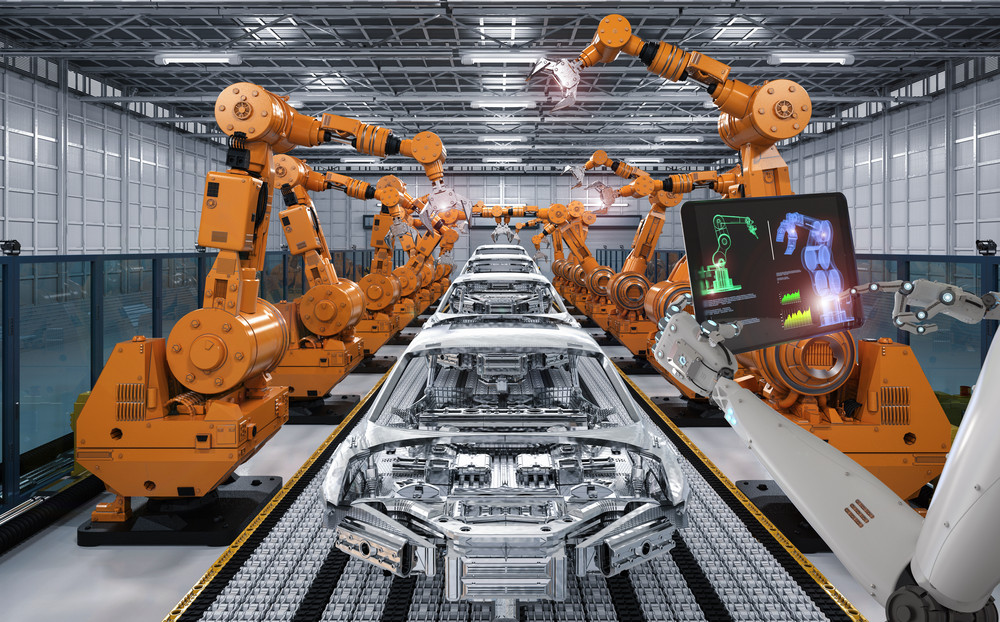
The future of AI in manufacturing looks promising, with several emerging trends:
Increased Automation
As AI technologies continue to evolve, the trend towards increased automation in manufacturing processes is set to accelerate. AI-powered robots and automation systems are becoming more sophisticated, allowing for greater efficiency and precision in production. From assembly lines to logistics management, these intelligent machines can perform repetitive tasks with enhanced speed and accuracy, reducing the need for human intervention in routine operations. Furthermore, advancements in machine learning enable these systems to learn from their environments, adapt to changes, and optimize their performance over time, which can lead to substantial cost savings and improved output quality.
Predictive Maintenance
Another significant trend is the rise of predictive maintenance, driven by AI’s capability to analyze vast amounts of data from machines and sensors. By predicting equipment failures before they occur, manufacturers can minimize downtime and extend the lifespan of their machinery. This proactive approach not only enhances operational efficiency but also leads to significant savings in repair costs and lost productivity. As more manufacturers adopt this strategy, the emphasis on data-driven maintenance practices will transform traditional maintenance schedules and reinforce the reliability of manufacturing operations.
Enhanced Supply Chain Management
The integration of AI into supply chain management will also evolve, enabling manufacturers to respond more rapidly to market demands and fluctuations. Through real-time data analysis, AI can provide insightful forecasts and enhance demand planning, inventory management, and supplier relationship management. This agility will allow companies to adapt to changes in consumer preferences and streamline their operations, ultimately leading to more resilient supply chains capable of thriving in a dynamic market environment.
Sustainable Manufacturing Practices
Amid increasing awareness of environmental issues, the future of AI in manufacturing will undoubtedly incorporate sustainability initiatives. AI can play a pivotal role in optimizing resource use and minimizing waste. By analysing data related to energy consumption and material usage, manufacturers can implement practices that not only reduce their environmental footprint but also lower operational costs. Companies that prioritize sustainability will likely see enhanced brand reputation and consumer favourability, positioning them as leaders in the transition to a greener, more circular economy.
Together, these trends illustrate the transformative potential of AI in the manufacturing sector, setting the stage for innovations that will redefine productivity, efficiency, and sustainability in the coming years.
Conclusion
In conclusion, the integration of AI in manufacturing is not merely a trend but a fundamental shift that will reshape the industry’s landscape. By addressing the challenges of cost, change management, data privacy, workforce training, and skill gaps, manufacturers can effectively harness the potential of this technology. The forward-looking trends of increased automation, predictive maintenance, enhanced supply chain management, and sustainable practices indicate that the journey toward AI-driven operations is both feasible and beneficial. As companies invest in these areas and foster a culture of innovation, they will not only improve their operational efficiencies but also set the groundwork for long-term competitiveness in a rapidly evolving market. It is crucial for industry players to remain adaptable and forward-thinking, embracing AI as a catalyst for growth and transformation in the manufacturing sector.


